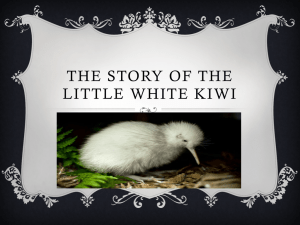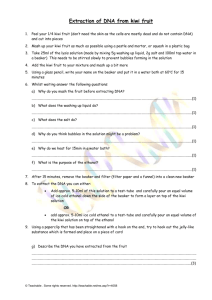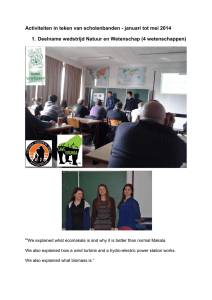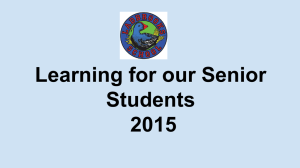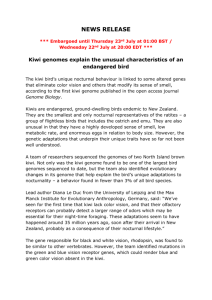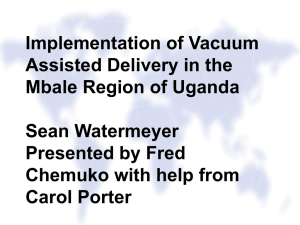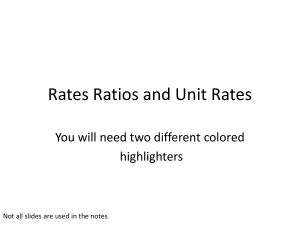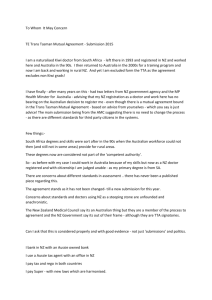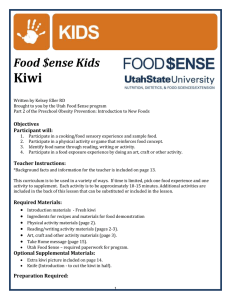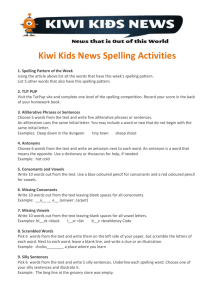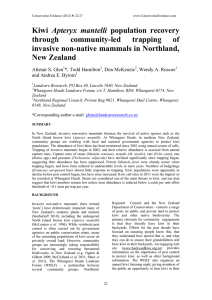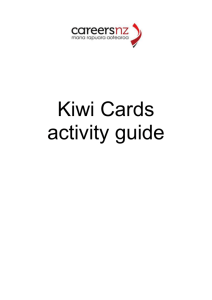Policy - Illness - September 2015 - Kiwi`s Playgroup & Pre
advertisement
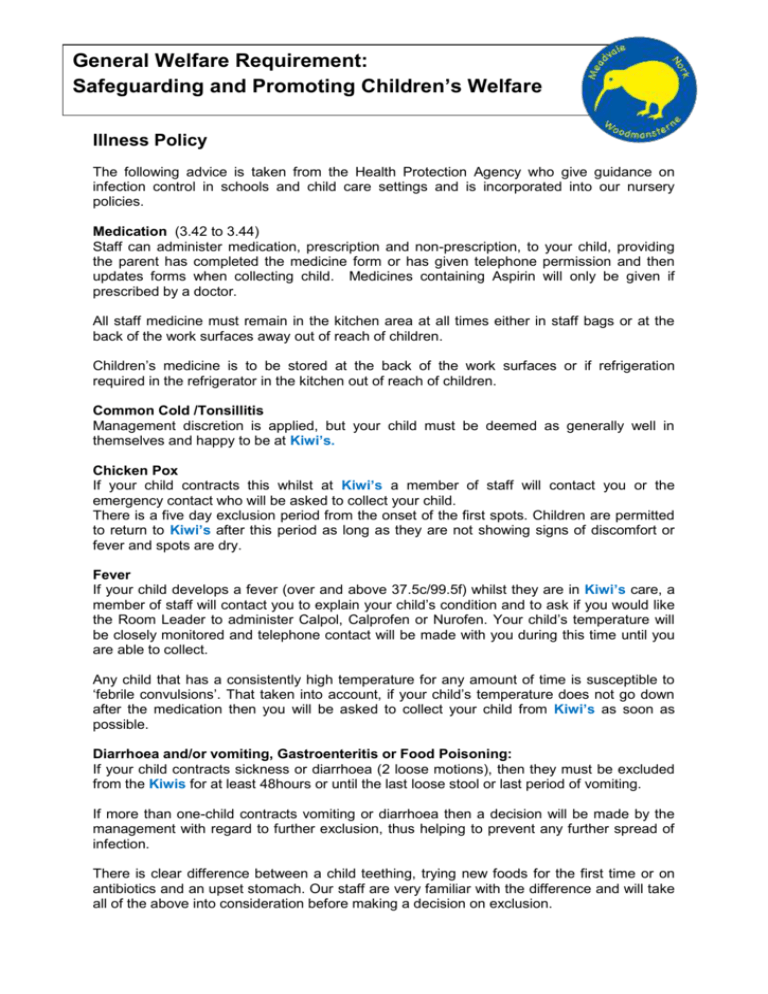
General Welfare Requirement: Safeguarding and Promoting Children’s Welfare Illness Policy The following advice is taken from the Health Protection Agency who give guidance on infection control in schools and child care settings and is incorporated into our nursery policies. Medication (3.42 to 3.44) Staff can administer medication, prescription and non-prescription, to your child, providing the parent has completed the medicine form or has given telephone permission and then updates forms when collecting child. Medicines containing Aspirin will only be given if prescribed by a doctor. All staff medicine must remain in the kitchen area at all times either in staff bags or at the back of the work surfaces away out of reach of children. Children’s medicine is to be stored at the back of the work surfaces or if refrigeration required in the refrigerator in the kitchen out of reach of children. Common Cold /Tonsillitis Management discretion is applied, but your child must be deemed as generally well in themselves and happy to be at Kiwi’s. Chicken Pox If your child contracts this whilst at Kiwi’s a member of staff will contact you or the emergency contact who will be asked to collect your child. There is a five day exclusion period from the onset of the first spots. Children are permitted to return to Kiwi’s after this period as long as they are not showing signs of discomfort or fever and spots are dry. Fever If your child develops a fever (over and above 37.5c/99.5f) whilst they are in Kiwi’s care, a member of staff will contact you to explain your child’s condition and to ask if you would like the Room Leader to administer Calpol, Calprofen or Nurofen. Your child’s temperature will be closely monitored and telephone contact will be made with you during this time until you are able to collect. Any child that has a consistently high temperature for any amount of time is susceptible to ‘febrile convulsions’. That taken into account, if your child’s temperature does not go down after the medication then you will be asked to collect your child from Kiwi’s as soon as possible. Diarrhoea and/or vomiting, Gastroenteritis or Food Poisoning: If your child contracts sickness or diarrhoea (2 loose motions), then they must be excluded from the Kiwis for at least 48hours or until the last loose stool or last period of vomiting. If more than one-child contracts vomiting or diarrhoea then a decision will be made by the management with regard to further exclusion, thus helping to prevent any further spread of infection. There is clear difference between a child teething, trying new foods for the first time or on antibiotics and an upset stomach. Our staff are very familiar with the difference and will take all of the above into consideration before making a decision on exclusion. If more than one or two children are absent through sickness or diarrhoea then a management decision will be made with regard to room or setting closure in order to prevent further spread of infection. This decision is taken with advice from the local HPA. Hand foot and mouth Small blisters appear on your child’s hands and feet and can occur in the mouth. Children are not usually unwell with this, and although contagious, your child can still attend Kiwi’s as long as blisters are dry. If your child becomes unwell through fever or general discomfort, then staff will contact you and you will be asked to collect your child. Conjunctivitis As this is a highly contagious condition passed between children and adults, Kiwi’s will contact you to advise you that your child may need medical attention. Depending on the severity of the discharge you may need to collect your child, especially if the discharge is green and sticky. Once treatment has started then your child will be able to return to Kiwi’s, and staff will administer drops or cream on your behalf. Impetigo This is a very infectious skin condition, usually affecting the facial area, especially the nose and mouth. Your child will be excluded from Kiwi’s until the lesions are crusted or healed. Antibiotics treatment may be recommended to speed healing and reduce infectious period. Head lice In the event of your child is found to have live head lice at Kiwi’s, a member of staff will contact you. Your child should be collected as soon as possible from the Kiwi’s to prevent the spread of live lice to the other children. If your child has live head lice, they should be treated with a suitable lotion, mousse and/or nit comb before coming to Kiwi’s. Regular detection, (combing) should be carried out by parents. Whooping Cough Whooping cough is a highly contagious bacterial infection of the lungs and airways. The condition usually begins with a persistent dry and irritating cough that progresses to intense bouts of coughing. These are followed by a distinctive 'whooping' noise, which is how the condition gets its name. Other symptoms include a runny nose, raised temperature and vomiting after coughing. Exclusion is 5 days from the commencement of antibiotic treatment. German Measles Rubella (also known as German Measles) is a viral infection that used to be common in children. Rubella is usually a mild infection. Symptoms of rubella include a distinctive redpink skin rash, swollen glands (nodes) cold-like symptoms such as a sore head and runny nose. Your child will be excluded from Kiwi’s for 5 days from the onset of a rash. Mumps Mumps is a contagious viral infection that used to be common in children. It’s most recognisable by the painful swellings located at the side of the face under the ears (the parotid glands), giving a person with mumps a distinctive "hamster face" appearance. Other symptoms include headache, joint pain and a high temperature. Your child will be excluded from Kiwi’s for 5 days from the onset of swollen glands. Finally When your child is feeling unwell a group environment may not always be the best place for your child to be, quiet often when your child is unwell one-to-one attention is required. If one-to-one care is needed then staff would advise that you seek medical advice and keep your child at home in a more suitable environment for their needs. If at any time Kiwi’s staff feel that it is not in your child’s best interest to be left at preschool/playgroup, whilst they are unwell, then you will be contacted and asked to collect your child, for their comfort and wellbeing. To prevent the spread of infections, adults and children should have: 1. Routine immunisation 2. High standards of personal hygiene and practice, in particular hand washing and maintaining a clean environment. For the most up-to-date immunisation advice check www.immunisation.nhs.uk Children who present with certain risk factors may require additional immunisations. Please seek medical advice for further information. Kiwi’s will maintain medication consent forms and medication log. Practitioners taking medication see Policy – Alcohol and Drugs Confidential document Updated September 2015 To be reviewed August 2016
